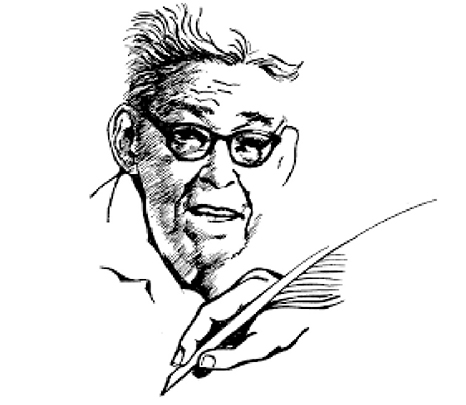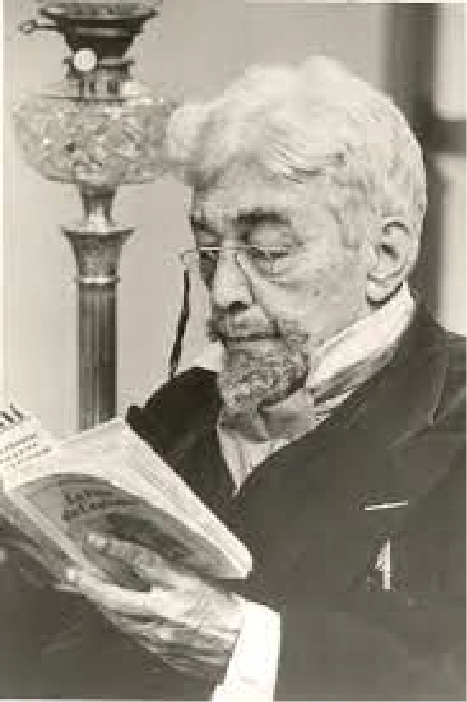Frank Appleton Collymore 1893 – 1980

Frank Appleton Collymore was born on January 7, 1893 at Woodville Cottage, Chelsea Road, where he lived all his life. He entered Combermere School for boys in 1903 and remained there as a student until 1910 when he was invited to join the staff. He retired from Combermere officially in 1958, having risen to the position of Deputy Headmaster. After retirement he often returned to teach until 1963.
Frank Collymore was married twice and was the father of four daughters. He died at the age of eighty-seven on July 17, 1980.
Frank the Actor
Collymore’s interest in the stage commenced at an early age after his father took him to the Empire Theatre. He would later seize the opportunity to see English plays first hand by serving as an usher at the Empire Theatre when theatre companies visited from Britain. He also became a member of the Combermere School’s Dramatic Society.
In the 1940s he became a member of the amateur local company “The Bridgetown Players”, which was formed in 1942 under the direction of an Englishman, Miles Wood. Collymore was described as a versatile actor who could play a range of roles. In the 1960s he co-founded the Green Room Theatre Club with Alfred Pragnell. His work with the stage would eventually span forty-seven years and include some 41 plays. In his last years he left the stage and turned his attention to television at the age of seventy-seven.
Frank the Artist
Frank Collymore produced hundreds of sketches and watercolours to illustrate his poems and verses. He referred to them as “Collybeasts” or “Collycreatures” and used several to decorate BIM Magazine.

Frank the Writer
It is for his work as a poet and an editor that Frank Collymore is best known and especially for his significant contribution to the development of West Indian Literature as the editor of BIM Magazine.
BIM was first published in 1942 with E.L. Jimmy Cozier as editor. Frank Collymore became joint editor with W. Therold Barnes from Issue no. 3 when Jimmy Cozier left for Trinidad. He remained editor until 1975, producing the magazine twice a year often single-handedly even in difficult times. With BIM he provided an outlet for aspiring Caribbean writers. Contributions for this magazine were received from across the region and some material from the magazine was used by the BBC Overseas Services in a programme entitled “Caribbean Voices”. Collymore became known as a friend and inspiration to writers both at home and abroad.
Collymore expressed himself in a variety of art forms - including poetry, short stories and paintings. Among his contributions to BIM were plays, articles on literature and language, miscellaneous articles, reviews of books, art and theatre. The following is an excerpt from one of his most popular poems
“Like all who live on small islands
I must always be remembering the sea
Being always cognizant of her presence; viewing
Her thro apertures in the foliage; hearing
When the wind is from the south, her music, and smelling
The warm rankness of her, tasting
And feeling her kisses on bright sun-bathed days,
I must always be remembering the sea.….. “
Hymn to the sea.
Frank Collymore
